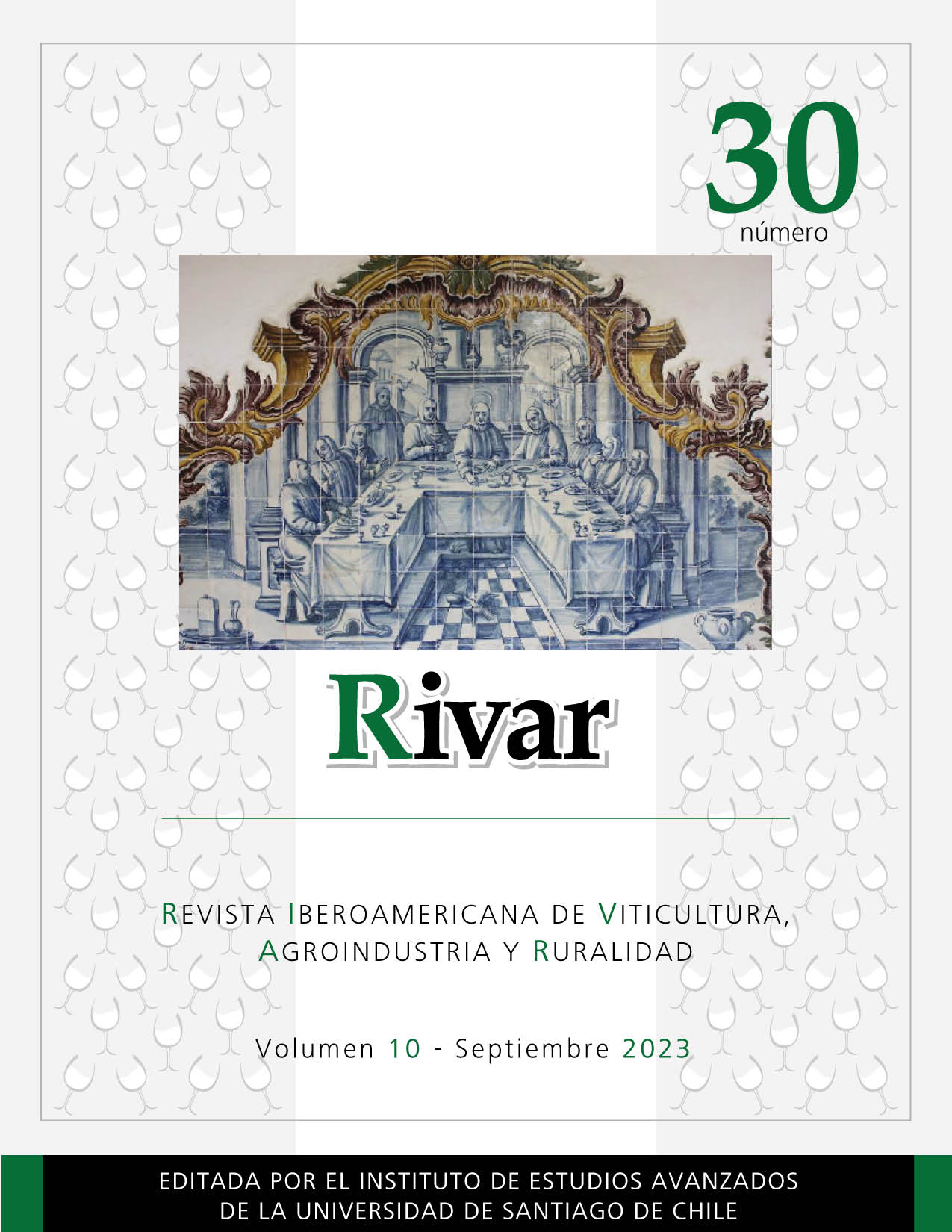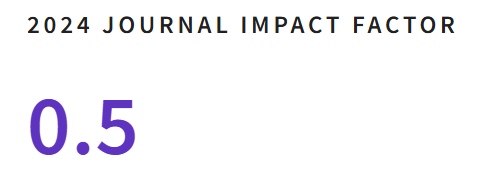The Vicissitudes of Cuyo Olive Growing in the Cuyo Region in Argentina
DOI:
https://doi.org/10.35588/rivar.v10i30.5750Keywords:
modernization, quality, food regimes, Mendoza, San Juan, agro-industrial complexesAbstract
The aim of this paper is to describe the trajectory of olive growing in Mendoza and San Juan within the framework of the different Food Regimes, emphasizing the local effects of the transition to the third Food Regime. The methodology used is that of case studies and responds to a triangulation of qualitative and quantitative techniques based on primary and secondary sources. Among the main results, we describe the successive vicissitudes that the agro-industrial complex has undergone over the last 100 years to consolidate a modern but socially excluded model. This model constituted a process of rupture with the previous one, fundamentally in relation to a new quality paradigm. Among the conclusions, we highlight that the latest reconfiguration of the complex catapulted local olive growing to world markets, but at the cost of greater processes of concentration and exclusion. However, the expulsion of small-scale production not only implies a loss in social terms but also an opportunity for the production of more complex products that are better value in these markets, based on the varietal richness and know-how that characterize it.









